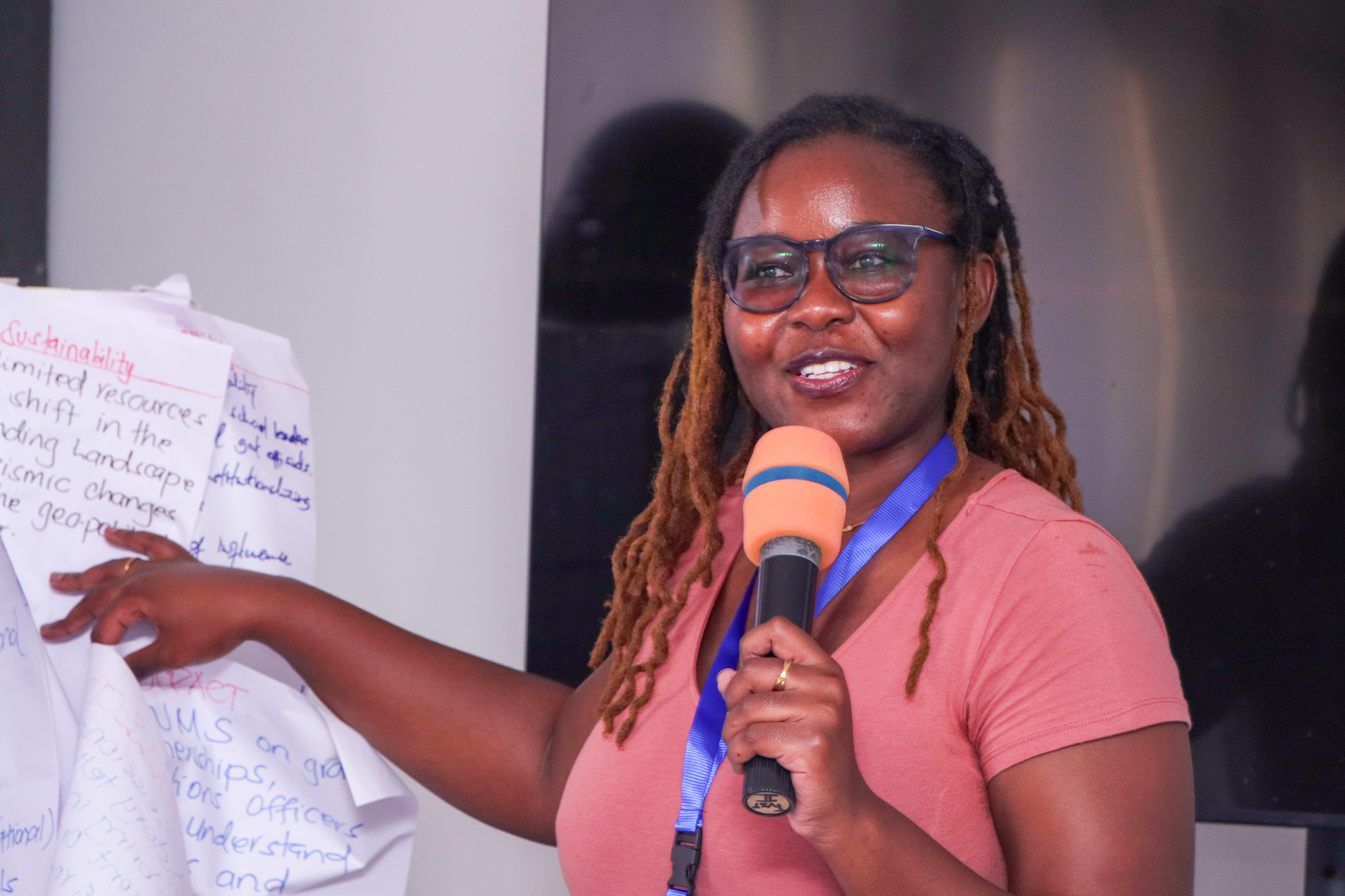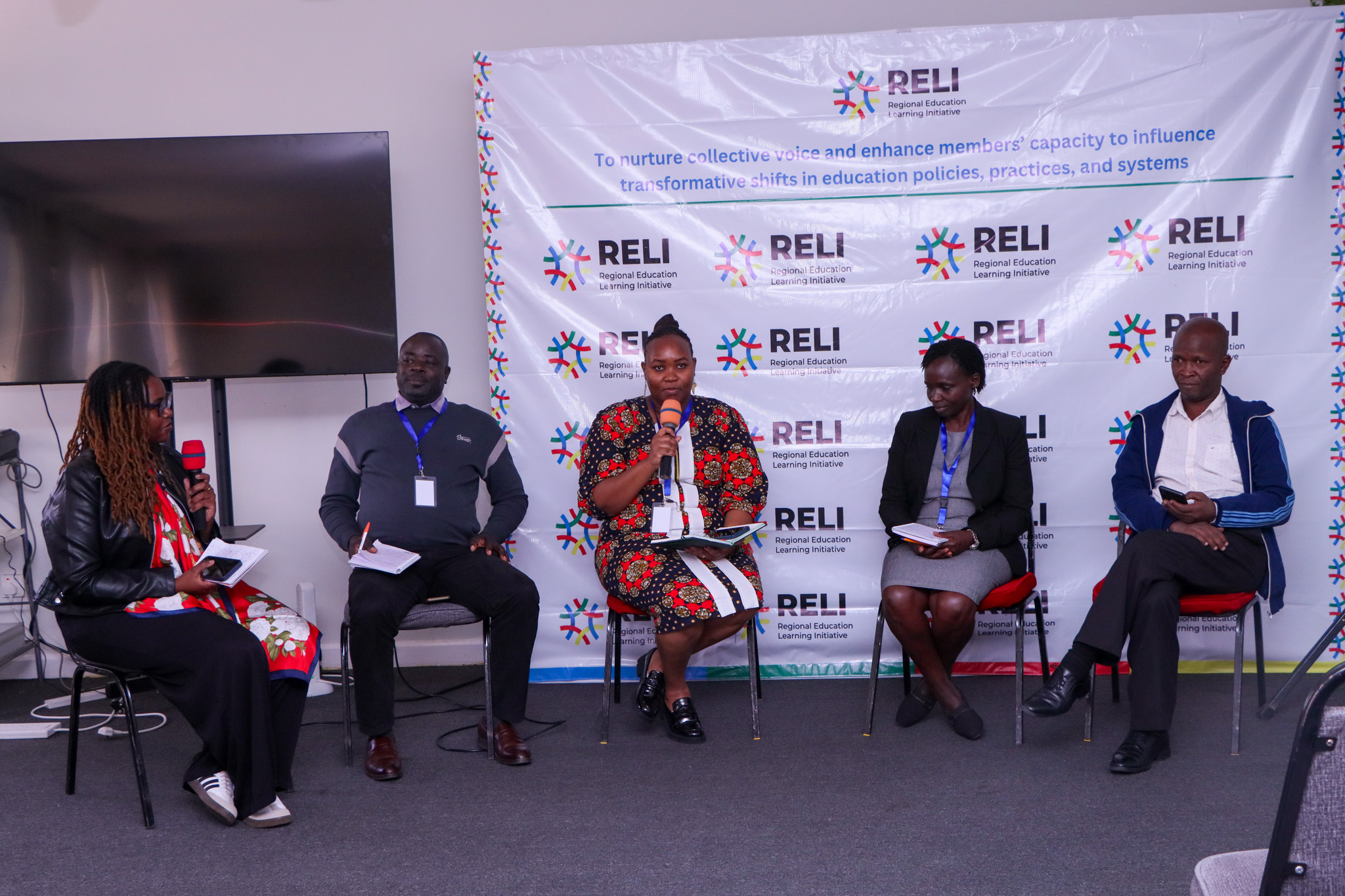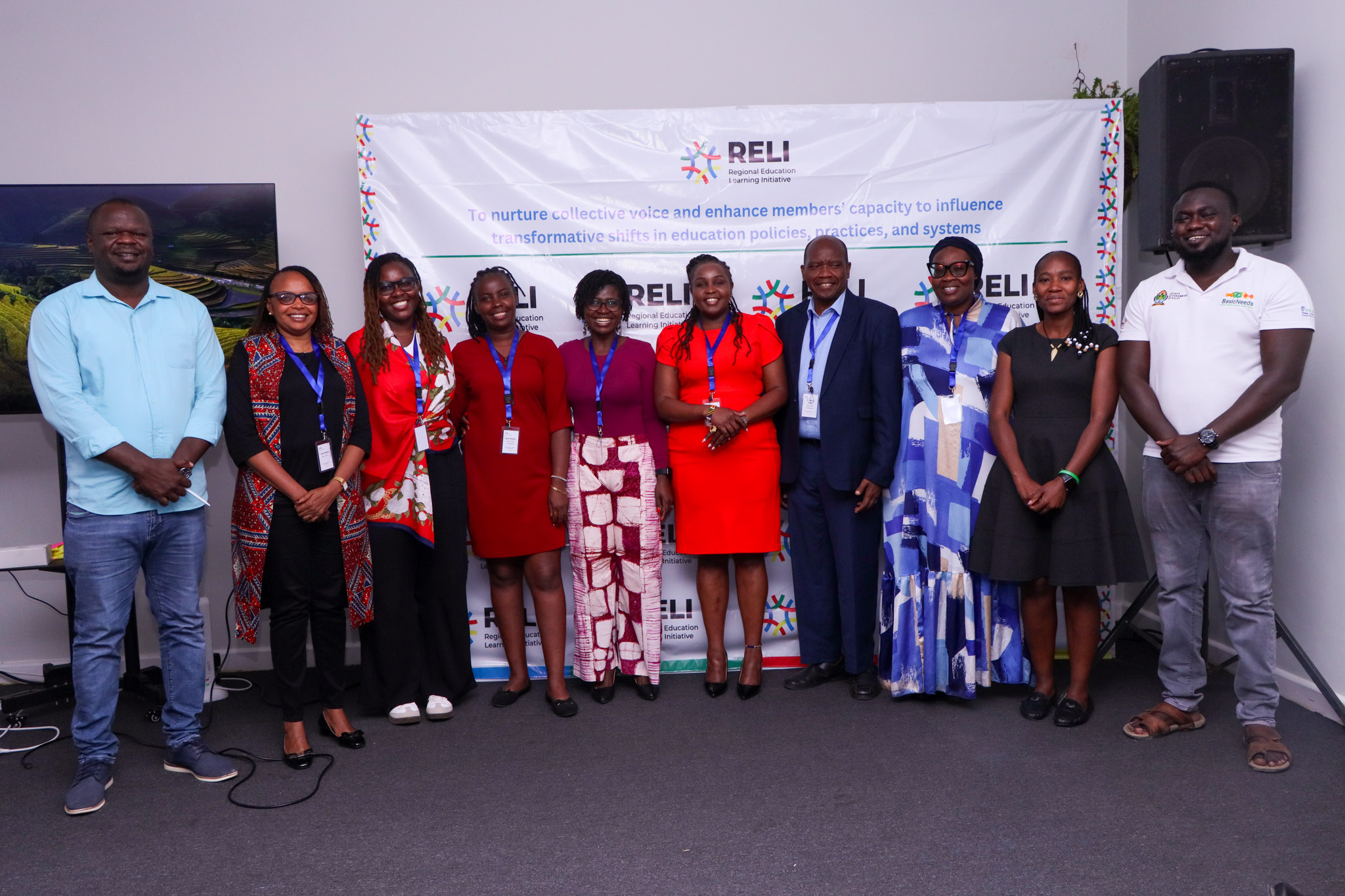
RELI Kenya 2025 Annual Convening
From 16 to 19 September, the Regional Education Learning Initiative (RELI) Kenya held its Annual Members' Convening in Isinya, Kajiado County, Kenya, under the theme "Strengthening Collaborative Efforts to Advance Education Transformation in Kenya." The convening brought together members from the 29 organisations, government representatives, and other stakeholders.
The convening came at a pivotal moment for Kenya's Education sector. The Competency-Based Curriculum marked its eighth year of implementation, and the first cohort of learners prepared for national assessment at the end of Grade 9. It also coincides with preparations to phase out the 8-404 system, with the final KCSE examinations scheduled for 2027. These transitions present opportunities and uncertainties for education reform, making RELI's collective voice and evidence-based advocacy more vital than ever.
During day one of the convening, members reflected on the progress and challenges of the 2023-2026 Strategic Plan, sharing organisational and network-level achievements while identifying gaps that require stronger collaboration, advocacy, data and evidence, and sustainability of the network as per the Strategic Pillars of the network. The day also included an intervention by school heads in the county who shared the challenges they go through in ensuring that the children they serve have access to quality public education.

The second day featured presentations from Ministry of Education officials, including the Directorate of Policy, Partnerships and East African Community Affairs and the Directorate of Quality Assurance and Standards, outlining government priorities for 2025-2026 that include:
- Infrastructure and learning materials
- Funding and budgetary constraints
- Legislation, governance, and accountability,
- Equity access and inclusion, among other areas, include teacher recruitment, training, retention, quality, and relevance of education. These are all linked to the National Education Sector Strategic Plan 2023-27.
The session was then followed by a panel discussion with the same government representatives, who were then joined by a representative from the Media Council of Kenya. The panel discussed how to position the network's engagement with the government to influence policies and practices.
On the final day, our Associate Programme Officer-Africa, Roselyne Onyango, co-moderated the overall programme and moderated a panel on Inclusive Education, with colleagues from the Equity and Inclusion thematic group. The session explored the diverse contexts of inclusion, opportunities for advocacy aligned with inclusivity, and the bold actions needed to advance equity in education. The session closed by drawing attention to the financing dimension, highlighting how unsustainable or politicised budget allocations undermine education as a right, rather than a privilege, and limiting access to quality inclusive education for all children in Kenya.

The convening concluded with the election of new leadership. Roselyne Onyango was elected as the co-lead for the Equity and Inclusion thematic group to co-lead the group for the next 2 years. Finally, there was a collective call for members to:
- Co-create and collaborate more closely across the network
- Strengthen partnerships with the Ministry of Education to improve education outcomes
- Actively engage in Kenya's education budget-making process.
We remain committed to actively participating in the network, recognising it as a critical space for amplifying grassroots voices, advancing quality inclusive public education, and reinforcing our broader mission of defending public services and advancing human rights.





